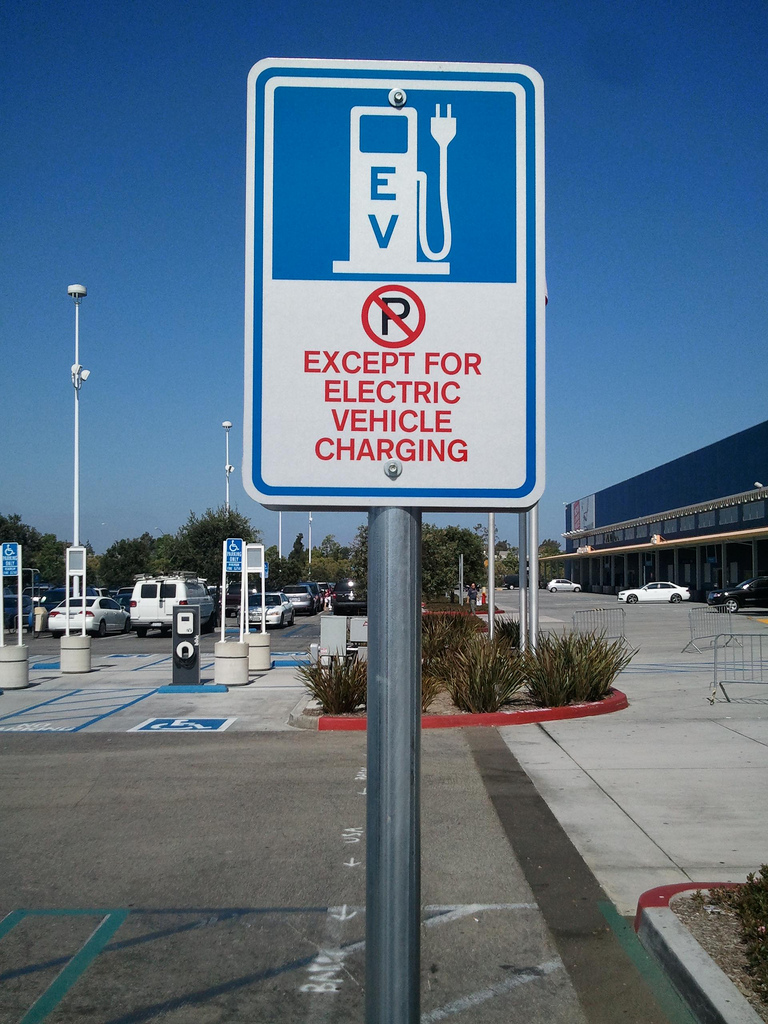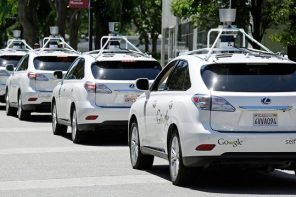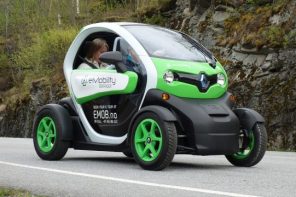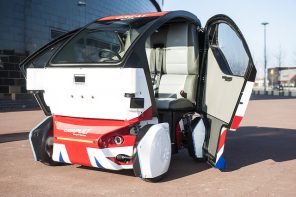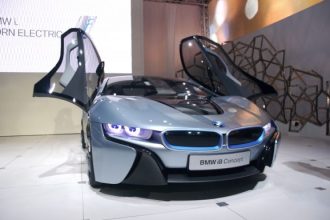Fans and followers of electric car related technology will have seen the recent news regarding Toyota and the wireless charging technology currently being developed over in their Japanese headquarters. As with any kind of press release that announces a new technological development, this has created a mixture of responses that will be talked about for the foreseeable future. This article takes another look at this rather interesting news release and discusses some of the concerns surrounding this new approach.
Cable free?
If you needed any reminder of the claim that the Japanese car giants are currently making, here it is once more. Instead of charging up an electrical car’s battery pack by way of a cable based system, Toyota are currently developing a way that allows for the same end result by way of using wireless technology. This is achieved by utilising a magnetic resonance that does not require physical contact in order to charge up the batteries in question.
How?
Essentially, the electric car needs to be positioned over a charging point that is already equipped with recharging coils. Once the compatible car has been parked correctly, the new system would start to recharge the flat batteries via the magnetic based technology.
Tests
At the time of writing this article, Toyota are testing 3 different plug-in hybrid cars and they will only make an announcement about the commercialisation possibilities when the results have been thoroughly examined.
Are they safe?
This aspect of the testing still has yet to be addressed, but Toyota have an excellent health and safety record to withhold so it is expected that he finished product/service will be as safe as their previous examples.
Are they reliable?
This is a very good question because no matter how awesome wireless technology happens to be, the wired alternative still manages to trump it in some style. Just look at the Ethernet/wireless connectivity issues and download speeds that we experience in our homes and offices.
Are they expensive?
Again, this is one for Toyota to answer, but any service that offers a speedier and more convenient alternative has historically been pricier than the traditional version. The equipment and technology behind this type of development is not going to be cheap and Toyota will be looking to recoup these costs somehow.
Tamper proof?
Where there is a will there is almost always a way, it should be easy enough to damage this kind of setup, especially where magnets are concerned. Either way you look at this, it is always a wise idea to have Insurance cover you as a precaution, while there are many reputable brands that can cover you, having one that perhaps looks at the Greener aspect of Insurance would be a sensible choice.
For example green car insurance from The Green Insurance Company or MoneySupermarket would be the most obvious choices.
The electric car wireless charging points need to be monitored by security staff or cameras. But surely the whole point of this type of technology is supposed to decrease the human effort required?
Nissan
Japanese rivals Nissan have been developing a similar type of electric car charging technology since 2011. They are looking into the possibility of charging their Leaf model’s batteries whilst the car is in motion. This would work by installing wireless points into existing highways and thus allowing the electric car to get a charge as it passes these points. But how will the charging point be monitored and what would happen if there was a power cut?

